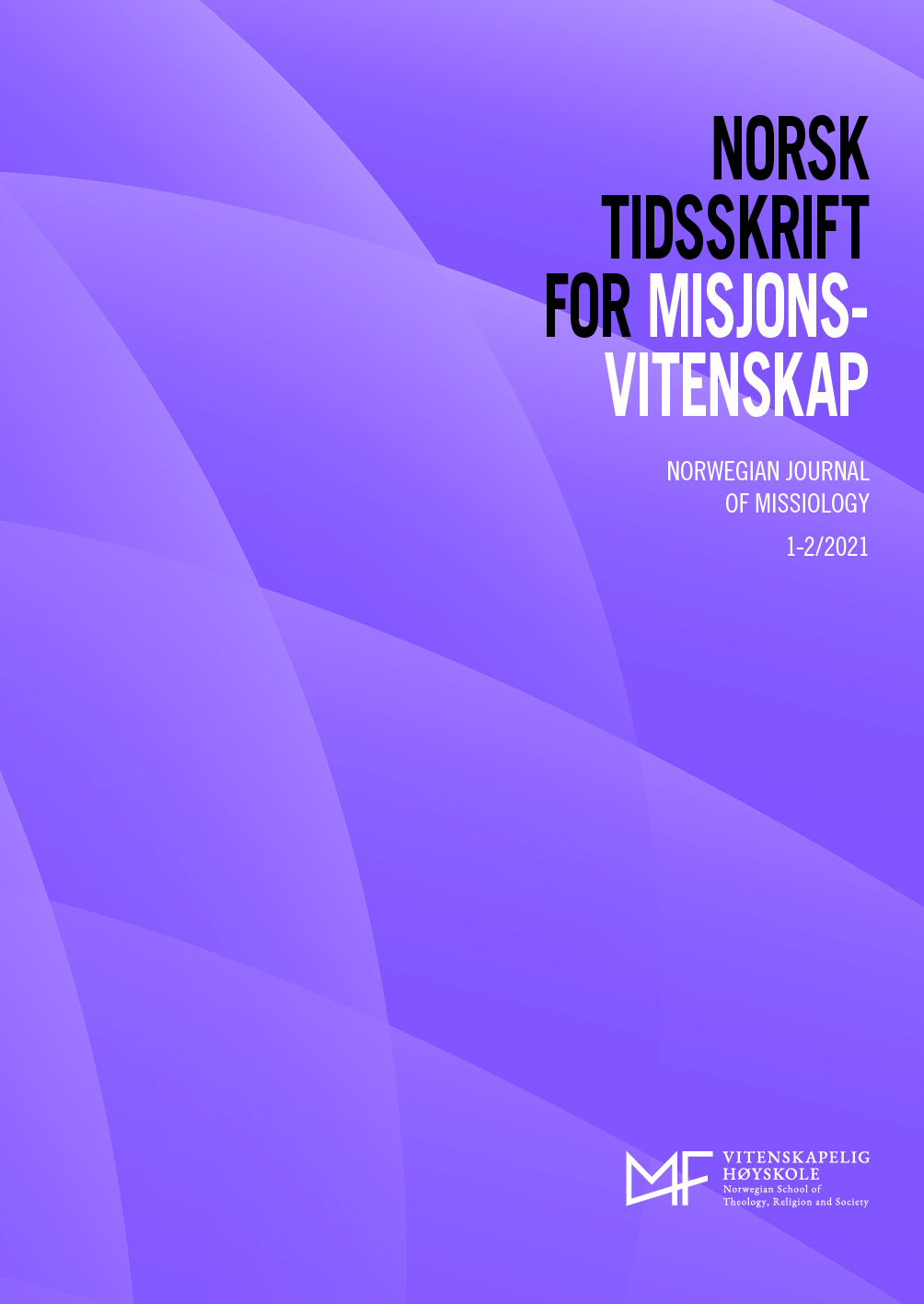En anklage om skadelig lære i rettssaken mot Hans Nielsen Hauge
DOI:
https://doi.org/10.48626/ntm.v75i1-2.5426Resumé
The trial against Hans Nielsen Hauge, which lasted from 1804–1814, contained an accusation about the harmful consequences of Hauge’s teachings. The trial’s parties reached very different conclusions regarding Hauge’s harmful teachings: from claiming that discussions about dogmatic issues had no place in court, to demanding that Hauge be convicted of the practice of an illegal religion. This article discusses the specific role that the accusation played in the trial, and its in$uence on the outcome. I argue that together with the violations against the Conventicle Act, the court’s valuation of Hauge’s teachings determined the punishment Hauge received. The story of the accusation is, therefore, also a study into how the courts in Norway, immediately before and after the independence of 1814, handled the intersection of theology and jurisprudence during changing political regimes.
Downloads
Metrik
Downloads
Publiceret
Nummer
Sektion
Licens
Copyright (c) 2021 Norwegian Journal of Missiology

Dette værk er under følgende licens Creative Commons Navngivelse – Ikke-kommerciel – Ingen Bearbejdede Værker (by-nc-nd).
Norsk Tidsskrift for Misjonsvitenskap er i dag et digitalt tidsskrift som er tilgjengelig gratis for alle. Artikler gjøres offentlig tilgjengelige med en såkaldt Creative Commons lisens CC BY-ND på tidsskriftets hjemmeside. Dette innebærer at alle står fritt til å gjenbruke artikkelen under forutsetning av at opphavspersonen blir navngitt.





